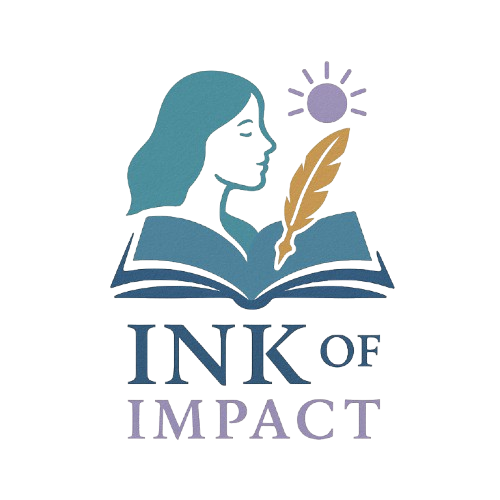A Farmer’s Struggle to Survive as Climate Change Dries Up His Land and His Hope
In the parched fields of Bundelkhand, Uttar Pradesh, Shyamlal stares at his cracked land—soil once rich with wheat and pulses, now crumbling under his feet like powder. He hasn’t seen a full harvest in over four years.
“The sky no longer listens,” he says.
The monsoon is late. Again. The well is dry. Again. His sons have migrated to Delhi to work as daily-wage laborers. And Shyamlal—like thousands of other farmers in his region—is stuck in a drought he never caused, paying the price for a climate crisis he never contributed to.
Rainless Years, Ruthless Losses
Bundelkhand, a region that spans parts of Madhya Pradesh and Uttar Pradesh, has witnessed more than 13 droughts in the last 20 years. Once a land of abundant crops, it’s now an ecological disaster zone.
Erratic rainfall, rising temperatures, and shrinking groundwater have turned farming into a gamble. Shyamlal used to grow wheat, chickpeas, and mustard. Today, he barely manages a few sacks of millet, and that too if the rains show mercy.
Without irrigation support, crop insurance, or climate-resilient infrastructure, small farmers like him are left with nothing but debt—and despair.
The Mental Toll of the Climate Crisis
Loss in the fields often leads to loss of life. Shyamlal lost his neighbor, Mohan, who drank pesticide after failing to repay a ₹60,000 loan taken for seeds and fertilizers. “He couldn’t bear the shame,” Shyamlal says.
According to NCRB data, over 5,500 farmers died by suicide in India in 2022 alone, many from drought-hit regions. Climate change is not just an environmental issue—it’s a humanitarian one.
The earth may be cracking, but so are the people who depend on it.
False Promises, Empty Wells
Politicians visit during elections, promising canals, borewells, and solar pumps. But most villages never see those promises fulfilled. When schemes do arrive, they are often tangled in bureaucracy or captured by local elites.
Shyamlal tried applying for a drought relief fund last year but gave up after making three trips to the tehsil office with no result.
Survival, Not Sustainability
Farmers are now shifting to short-cycle crops, reusing wastewater for irrigation, and joining WhatsApp groups to share weather updates. Local NGOs are also training farmers in sustainable practices, like drip irrigation and seed banks.
But for many, these solutions arrive too late—or require money they simply don’t have.
“I don’t want fancy machines,” Shyamlal says. “I just want the rain to come on time.”
What Shyamlal’s Story Tells Us
When we speak of climate change, we often speak of future generations. But for rural India, climate change isn’t tomorrow—it’s today.
Shyamlal’s story reminds us that climate justice isn’t just about policies or pledges at international conferences. It’s about ensuring survival with dignity for those who live closest to the land and suffer the most from its decline.
Ink of Impact’s Take
The land may fall silent in drought—but the voices of those it sustains must not. At Ink of Impact, we tell the stories of India’s rural heartbeat—before it fades under the weight of a crisis no one prepared them for.
